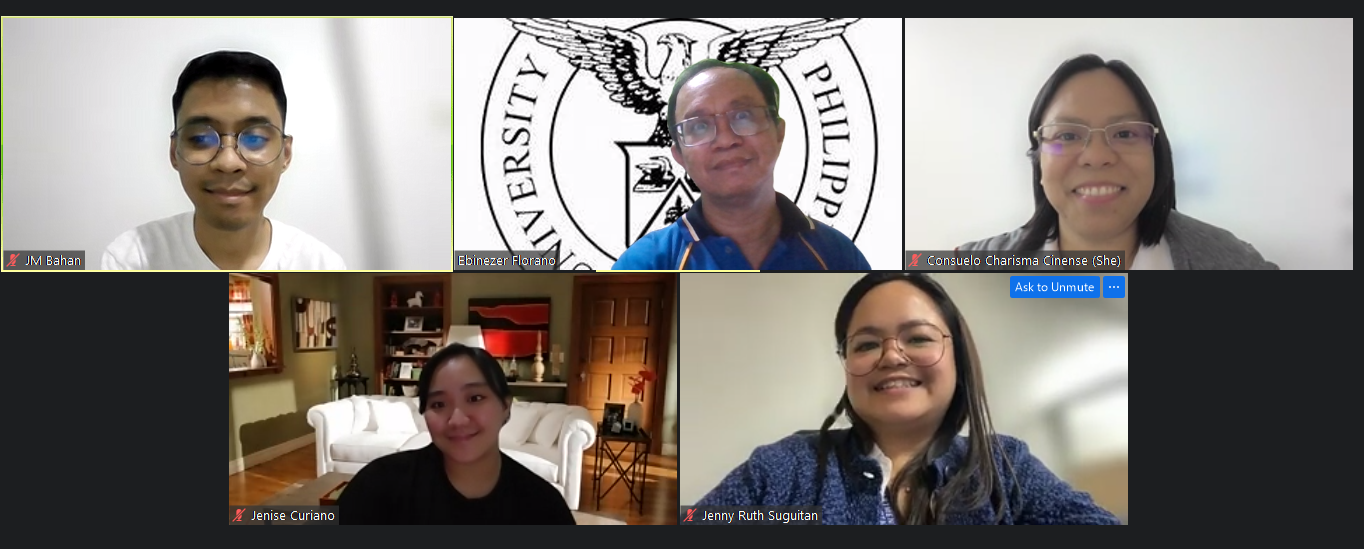I. Course Description:
Methodological, environmental, institutional, and substantive issues in the policy cycle, including in-depth analysis of specific substantive policy issues. Prereq: PA 241/COI Credit 3 units
II. Rationale for Policy Analytics
The Philippines has localized the implementation of initiatives towards achieving the Agenda 2030 of Sustainable Development Goals (SDGs) starting in 2018. Four years after (and eight years before the 2030 deadline), out of 37 SDG targets with sufficient data, the country is lagging in accomplishing 13 (or 35%) of them, especially in health, education, and employment according to an independent report. The same report concludes that there is a gap in developing a comprehensive assessment of the SDG targets. Thus, it is calling for the enhancement of the data ecosystem of the SDG implementation, and more comprehensive progress reporting.
The report’s recommendations for more aggressive and comprehensive monitoring of SDG implementation progress toward effective policymaking and implementation are appropriate. However, the mechanisms that were identified could be considered “traditional” in the sense that they still rely on pre-modern ICT methods and technologies of the Fourth Industrial Revolution (FIRe) or Industry 4.0. FIRe has provided extraordinary technological advances that enable policymakers to leverage these technologies to create real-time evidence-based public policies leading to more effective and efficient delivery of government services (Longo et al., 2015a). These are big data analytics (BDA), machine learning (ML), and artificial intelligence (AI). Among the three, BDA is extensively used for more efficient and effective decision-making, policymaking, implementation, and monitoring and evaluation.
This course is designed to leverage Data Science in policymaking. It is contextualized in the implementation of the SDGs so that there could be better appreciation and immediate application.
III. Objectives:
The course aims to discuss the introductory concepts, theories, models/frameworks, models, and overview of the tools and techniques of Data Science in general, and Big Data Analytics in particular as they are applied in public policymaking and policy analysis.

- Teacher: Ebinezer Florano
